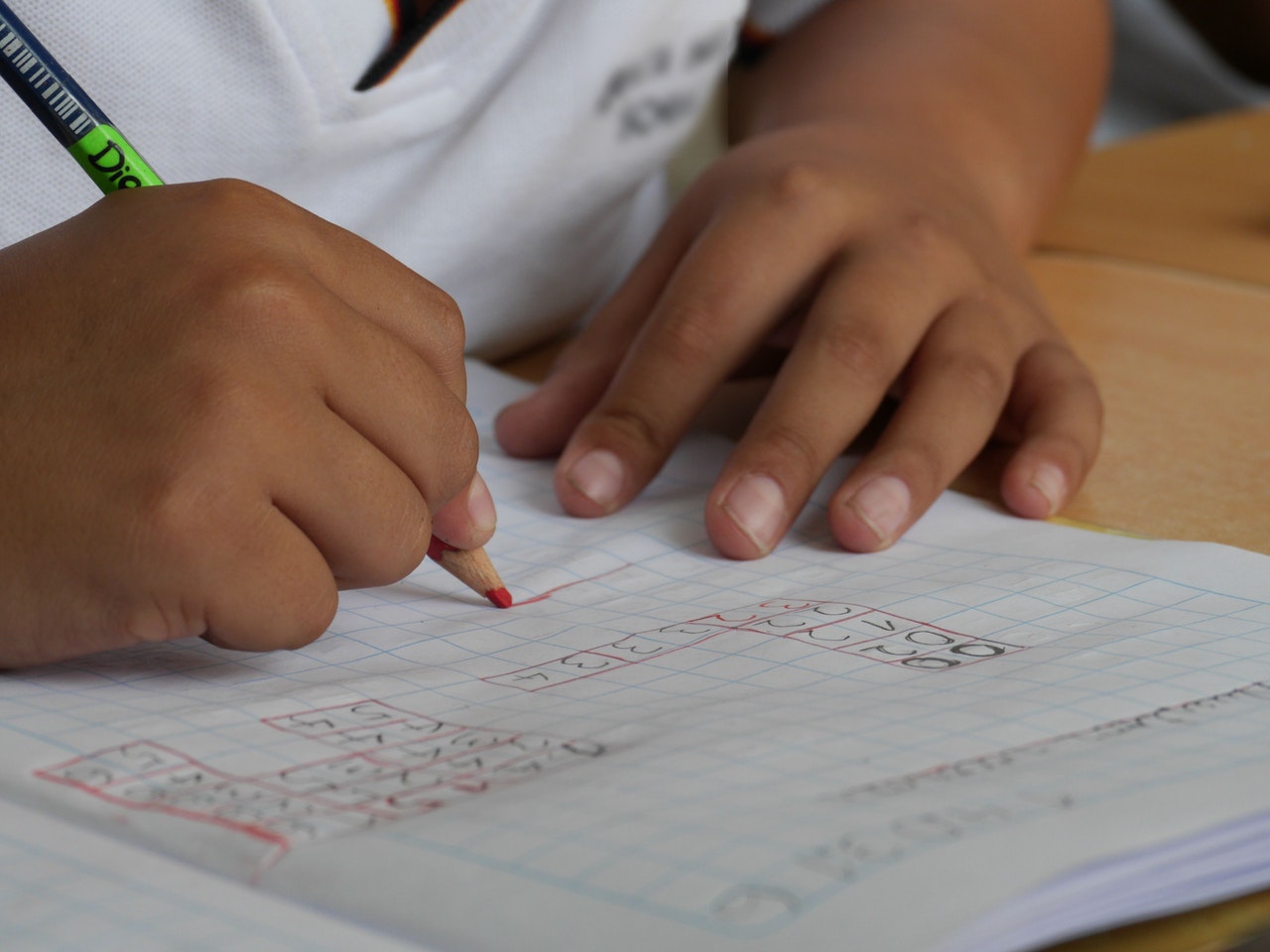School is winding down for the holidays and the last thing many of your students will be looking forward to is their last maths lesson. Try out these five end of year maths activities designed to take advantage of the seemingly endless reserve of excitement and energy that your students have in the days leading up to the holidays.
For more fun and creative ideas, read our blog post Last Day of School Activities for Christmas or Summer Holidays.
1. Maths Ted Talks
On the last days of school, we’re all used to putting on a film and handing out some activity sheets. Any time teachers have to themselves to tie up loose ends before the holidays makes a world of difference too. But what about TED Talks?
While many of us are familiar with TED Talks for CPD, childrens’ TED Talks engage kids on their level with fun (and funny) discussions that get them to apply their new skills and knowledge to real-life situations. Try out these short Ted Talks on numeracy topics with your class. The videos range from three minutes to 15 minutes and act as an excellent jumping-off point for activities that you carry out with your students. Plus they’ll give you a bit of breathing time to get through some of those niggling end-of-year tasks.
- A Performance of ‘Mathemagic’
- The Math Behind Basketball’s Wildest Moves
- The Shared Experience of Absurdity
2. Famous Mathematician Presentation
At the end of the school year keeping kids engaged on quiet tasks can be near impossible. Bring a bit of creativity and fun to last maths lessons with a presentation or talent show featuring famous mathematicians from history.
This is a super flexible activity which can be made as large or small as you want it to be, and is adatable to children in virtually any year group. Set this is as a small task where children spend a lesson researching a famous historical maths figure and give a short presentation at the end. Or you could make this into a themed day where each child comes into school dressed as their figure of choice.
Some famous mathematicians:
- Isaac Newton
- Pythagoras
- Galigeo
- Fibonacci
- Alan Turing
3. Plan and Budget for Summer Holiday Activities
Whether they’re visiting the beach or simply spending time catching up with family, the summer holiday will be at the front of everyone’s mind in the last days of school. This summer holiday plan and budgeting project will go down a treat.
Get the kids into pairs, teams, or simply challenge them as individuals for this activity. Younger children might find this easier in teams where one person can be the designated calculator and another can be the one to write everything down, while a third can be responsible for counting and sorting all of the items in the budget and double-checking everything.
Supply each child or team with a worksheet that shows the overall budget of their holiday, for example, you could set a budget of £2,000. The children will also have a choice of transport, accommodation, activities, and food and drinks to choose from.
Students will need to use skills in multiplication to find the overall cost for each of their team members, and to find out the price of a stay in their hotel of choice over a number of days. They will need to budget for food and drink for each day before thinking about what activities they can do.
4. Maths Scavenger Hunt
Take advantage of the growing excitement of the upcoming summer holiday by arranging a scavenger hunt. This will have little ones up and running around, expending all the energy they have from the looming holiday period.
A maths scavenger hunt should incorporate topics the student have been learning about during the school year. Encouraging them to revisit new ideas and information will help them to retain all the new skills they’ve learnt while they’re away from school. You might task them with finding patterns or sequences in the playground, or a familiar angle or shape somewhere in the classroom.
For example, you might challenge the kids to find:
- An eight-sided shape
- A shape with an odd number of sides
- An obtuse or acute angle in the classroom
- A square number
Have a prize ready for the winner, or the winning team.
5. Maths Bingo
If you’re planning an end of year class party, maths bingo will be a great addition. This game can be easily adapted for diferent age groups and learning speeds as each child has autonomy over their own bingo grid. Challenging them with writing in equations that have answers 1-30 will help to test their understanding of recently learned maths concepts.
Make sure to have prizes ready for the kids to choose from. You could even set up a display of prizes for winners to select like in a real bingo hall.
- Hand out pieces of paper with bingo grids on them and have each child fill theirs in by writing out unsolved equations (if they are very young you could simply have them write the numbers 1-13 on their grids). Make sure if they all the answers to their equations extend only to 30.
- Fill a box with pieces of paper numbered 1 to 30. To make this more authentic you could write the numbers on ping pong balls and shake them in a box or basket.
- The students circle the square on their grids with the corresponding number/answer when it is drawn out.




